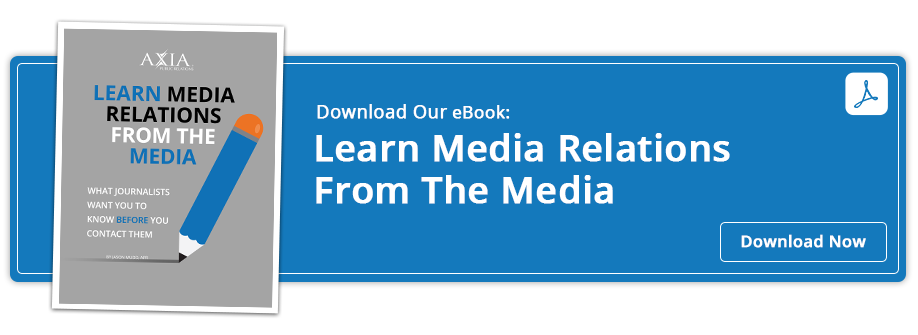 Learn more about this media relations tool to make the choice that is right for your company
Learn more about this media relations tool to make the choice that is right for your company
Your company or PR department has been offered what seems like an amazing deal. A newspaper has agreed to publish your story or news…for a fee. What they are offering is called an advertorial. Is this illegal? No, but it may be unethical.
Advertorials are becoming more popular. Companies see them as a way to guarantee placement in a newspaper of their choice. However, purchasing exposure instead of earning it is called advertising, plain and simple. Once you understand more about this tactic and how it compares to true PR work, you can decide what is best for your company and image.
What, exactly, is an advertorial?
Also called native advertising, an advertorial is an ad disguised as an article. It is typically formatted and arranged to look like the other actual articles around it. Therefore, as the reader’s eyes scan across the page, it is easy to miss the difference between a real article and a company’s promotion except for the company’s name or logo.
Often, the advertorial will say “advertisement” or “sponsored content” somewhere within the ad, but the words are usually small and many consumers don’t notice them. They can also appear on television and online in the form of videos and ads made to look like the program you were just watching.
Why advertorials are improper and unethical
-
They mislead consumers and do not label advertising as advertising. The content is sponsored (paid for) and made to look like it is not.
-
They are typically only used by those who can't cut it as a PR firm/professional and earn actual media coverage.
-
They amount to nothing more than shameless self-promotion for a company that either doesn't have a qualified PR firm or doesn’t have a newsworthy product.
-
Research has proven that these infomercials and ads perform less than actual "earned media" when it comes to branding and building consumer trust.
-
They serve to dilute the PR brand and create confusion in the marketplace.
PR ethics is not an oxymoron
Some people still associate the field of PR with sneaky, underhanded tactics designed to deceive the public. To them, PR means lying to position clients in the best light.
While there are likely some PR firms that practice this way, Axia Public Relations follows strict ethical standards established by the Public Relations Society of America. This code of ethics states, “A member shall not guarantee the achievement of specified results that are beyond the member’s direct control.” The International Association of Business Communicators has also adopted a comparable code.
Of course, PR is an important tool in your strategic plan and you need to see results. We believe you can achieve this through comprehensive campaigns, creative thinking and proper measurement.
At Axia, we will help you navigate the often-complex world of media relations to earn positive news stories that serve to boost your visibility and enhance your brand. Contact us today or download our e-book Learn Media Relations from the Media to find out more about how we work to craft your story and position your company for increased media coverage.

 Lisa Goldsberry is a writer for Axia Public Relations with more than 15 years of public relations experience. She specializes in business and technology PR. Connect with Axia Public Relations on Twitter at @axiapr.
Lisa Goldsberry is a writer for Axia Public Relations with more than 15 years of public relations experience. She specializes in business and technology PR. Connect with Axia Public Relations on Twitter at @axiapr.
Featured image credit: 123rf.com
Topics: public relations, media


Comment on This Article